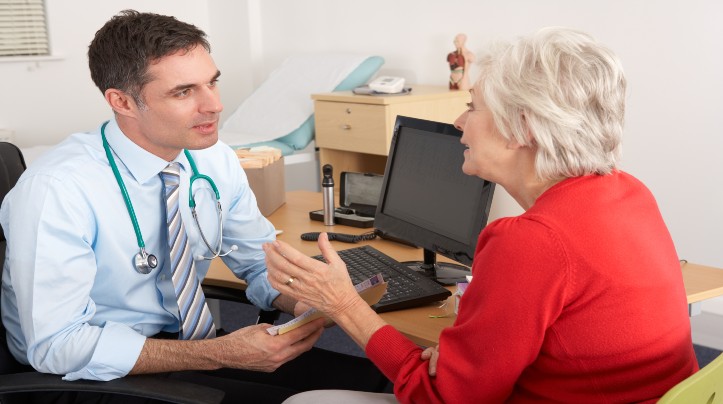You are welcome
@Sulfate. Yes: "Diabetes is Confusing, Complicated and Contradictory" according to Gary Scheiner in his book 'Think Like a Pancreas'. Although he was writing for insulin dependent T1s, I really do think it applies to the much wider audience of folk with or at risk of Diabetes.
You obviously took your March '21 result seriously and heard the "wake-up" bell (and really well done for doing that and continuing to sustain it). Yesterday's announcement by DUK heralds not so well, in that the incidence of diabetes is growing and seemingly in the slightly unexpected younger age groups.
One in five adults in the UK now live with diabetes or prediabetes, and we are calling on the government to address the hidden health crisis we are facing. Our new diabetes prevalence figures show that there are now 4.6 million people in the UK who have a diagnosis of diabetes. This is an...

www.diabetes.org.uk
In the 4 years I've been an active member of this forum I have gained a perception ["Perception is reality, never mind the Facts"!] that:
NHS advice is patchy, bordering on incorrect (particularly in respect of what is a healthy diet).
Parliament intervenes with dubious legislation (eg colour coded nutritional data, ignoring the significance of carb content) (packaging for the catering industry doesn't have to provide even as much nutritional data (? !) that retail has to provide).
GPs are overloaded generally and their guidance to newly diagnosed T2s seems mixed.
Hospitals often don't provide carb counting (or carb awareness) guidance in their menus. Yet they all have very exacting nutritional requirements in their Catering contracts
So (surprise, surprise) Diabetes is on the rise here in UK and we are all confused.
Out of simple curiosity how often do you still finger prick? Is your fp sampling following some form of structured testing? Are you still gently losing weight, or have you now reached a plateau? Please don't feel you need to share stuff if you'd rather not.
Also, I notice from an early post by you that your Mum has T2. Again out of simple curiosity, does your Mum manage her BG well? I have an older cousin (relative from marriage, not blood) that I keep an eye out for and she had a burst of enthusiasm 6 or 7 yrs ago to manage her new T2 diagnosis, then followed by a total disregard. But given her age (mid 80s) it now makes sense for her to enjoy an easy lifestyle. There is a lot of both T1 and T2 in my maternal family and my brother lost both legs to his T2 D; this was a big contributor to my motivation to keep my T3c in its place! Sorry, I'm rambling!

